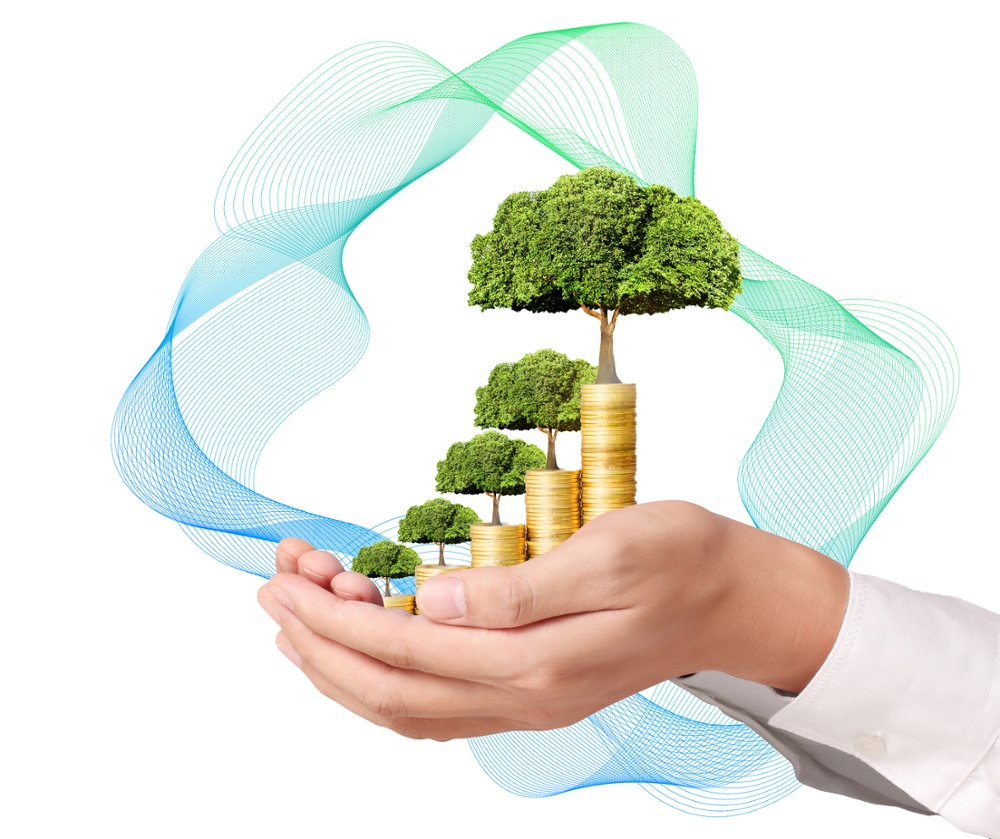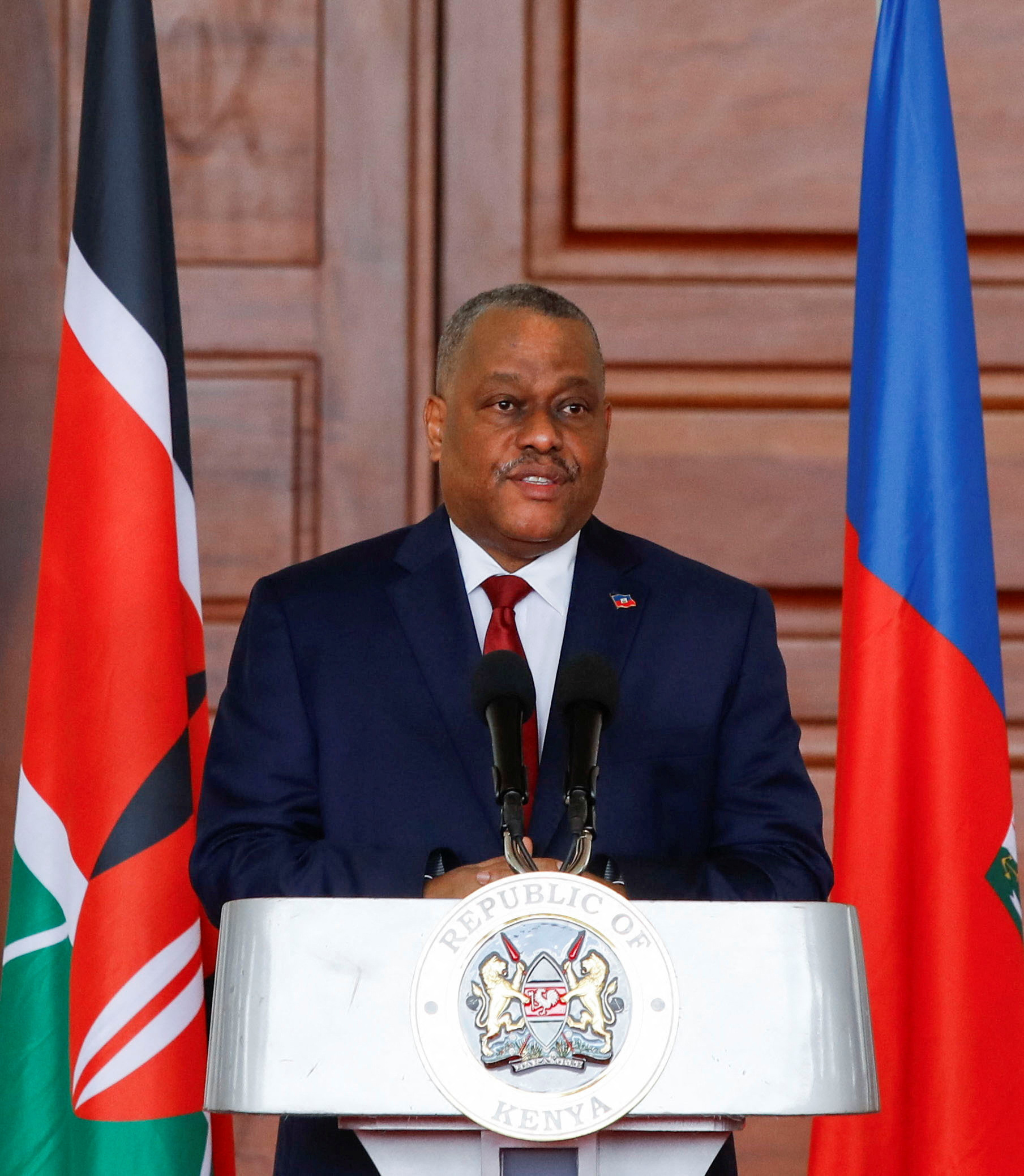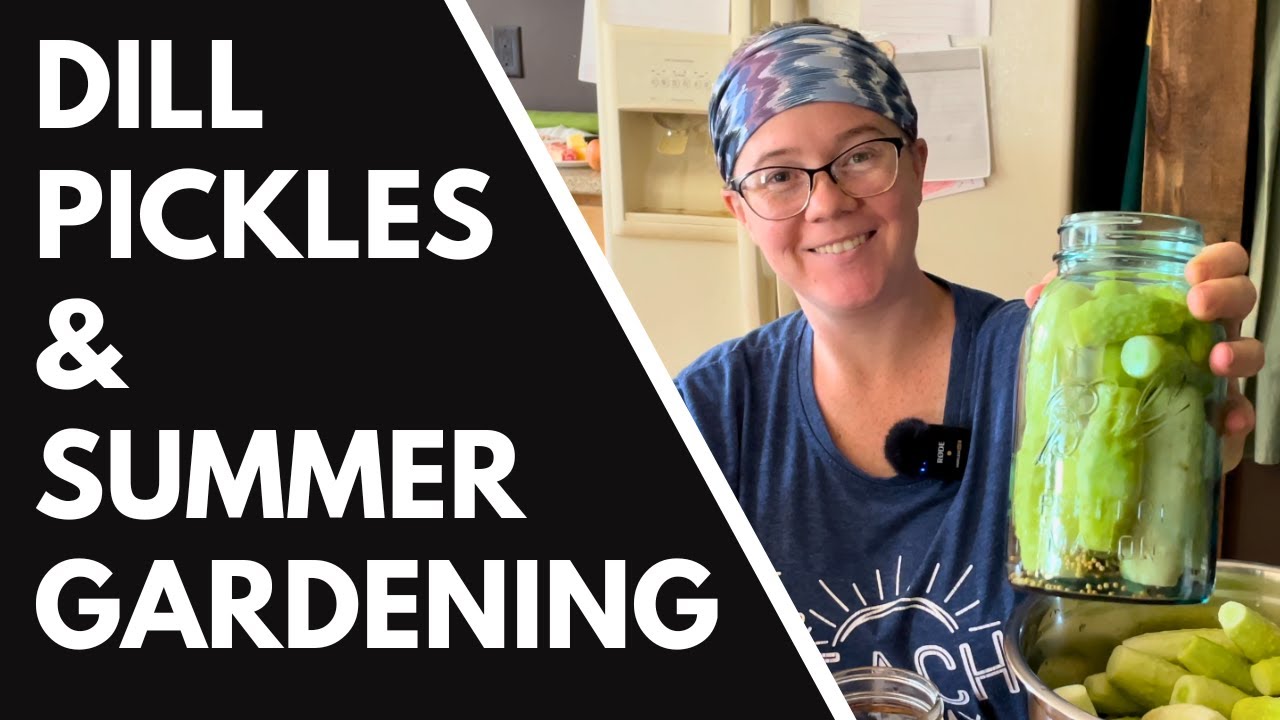AI for Food Security: How Assistant Professor Hannah Kerner is Revolutionizing Global Sustainability
The world is abuzz with the potential of artificial intelligence, and for good reason. With its ability to process vast amounts of data and identify patterns, AI is being applied to a wide range of fields, from healthcare to finance. But one area that’s often overlooked is its potential to revolutionize global sustainability, particularly when it comes to food security.
At Arizona State University, Assistant Professor Hannah Kerner is leading the charge in this area. As the artificial intelligence leader of two NASA agricultural programs, Kerner is developing AI to advance global sustainability through food security. Her work focuses on harnessing satellite Earth observation data to extract actionable information from large, diverse datasets. This information can then be used to make better decisions about our planet and its inhabitants.
“I am most excited about the intersection between foundational AI research and AI applications,” Kerner says. “By improving our fundamental understanding of AI and how models learn, we can discover how to create more robust, elegant and trustworthy solutions with real-world applications.”
Global food security is a pressing concern, and AI is being used to address it.
Kerner’s research aims to improve the ability of AI to extract actionable information from large datasets. This involves developing new methods for harnessing satellite Earth observation data, studying how to detect and mitigate biases in AI models, and investigating theories to better understand the mechanics of machine learning.
“Through this approach, we can see more societal benefits using cutting-edge AI technologies,” Kerner explains.
The potential benefits of AI in food security are vast. By analyzing large datasets, AI can identify patterns and trends that humans may miss, allowing for more efficient use of resources and more effective decision-making. For example, AI can be used to optimize crop yields, predict and prevent crop failures, and identify areas where food production can be improved.
AI is being used to optimize crop yields and improve food security.
But Kerner’s work goes beyond just food security. She’s also passionate about ensuring that AI is developed in a way that’s accessible and beneficial to everyone, not just a select few.
“The trajectory of AI research in recent years has been to create larger and larger models,” Kerner notes. “However, large models aren’t necessarily accessible or useful for everyone right now.”
As AI continues to evolve and become more integrated into our lives, it’s crucial that we prioritize accessibility and equity in its development.
AI must be developed in a way that’s accessible and beneficial to everyone.
Kerner’s work is a testament to the power of AI to drive positive change in the world. By harnessing its potential, we can create a more sustainable, equitable, and food-secure future for all.
A future where AI is used to advance global sustainability is within our grasp.


 Photo by
Photo by 











